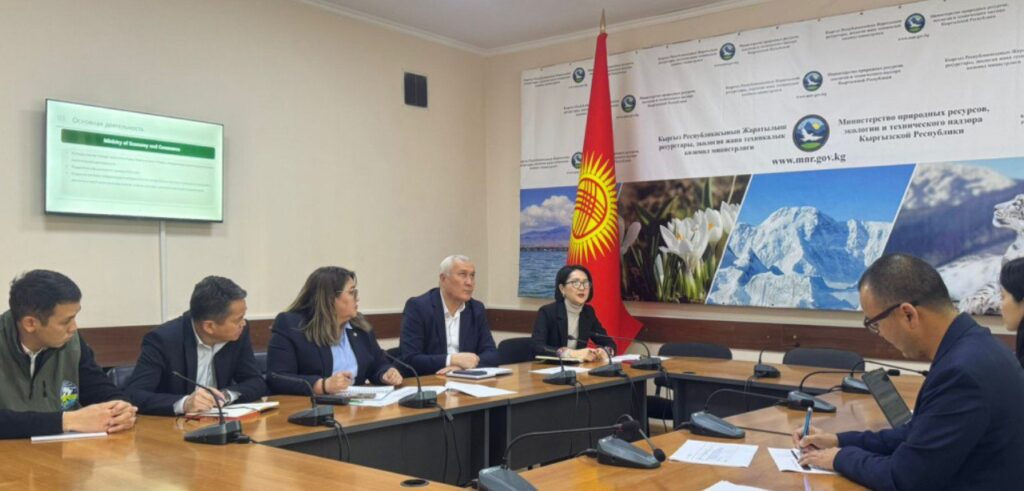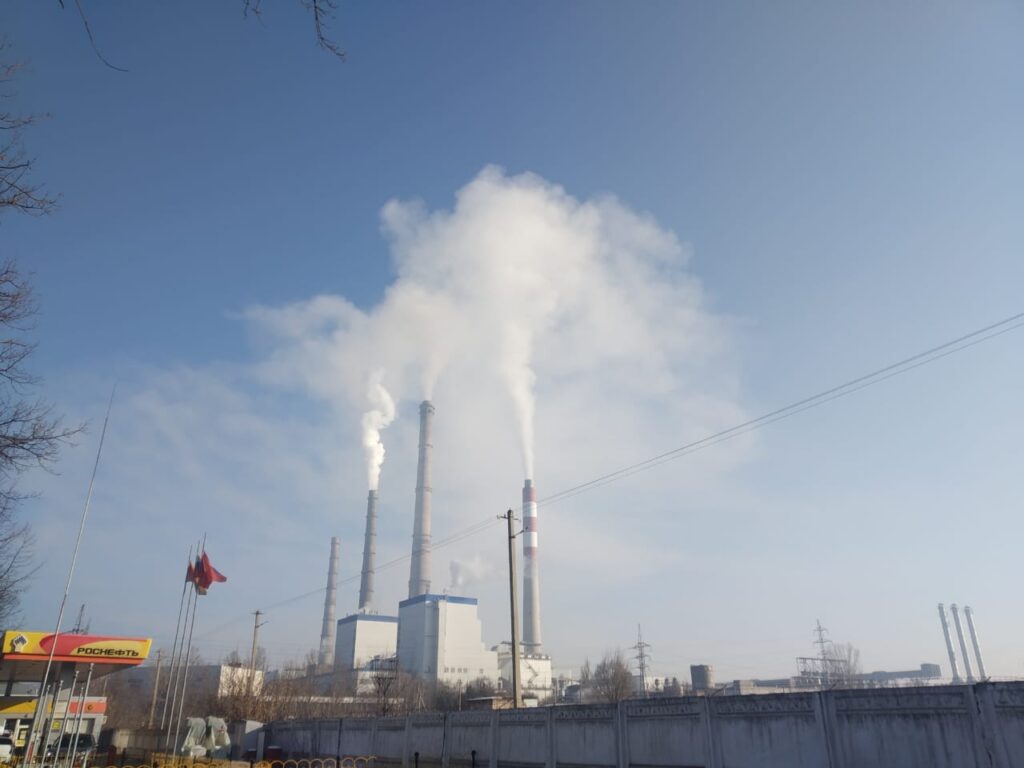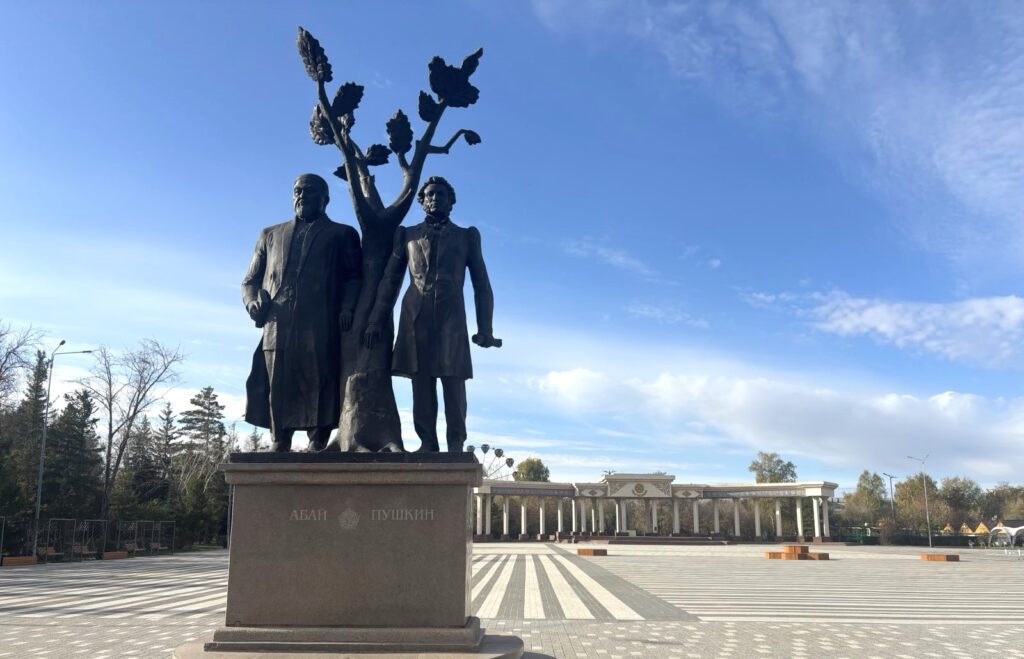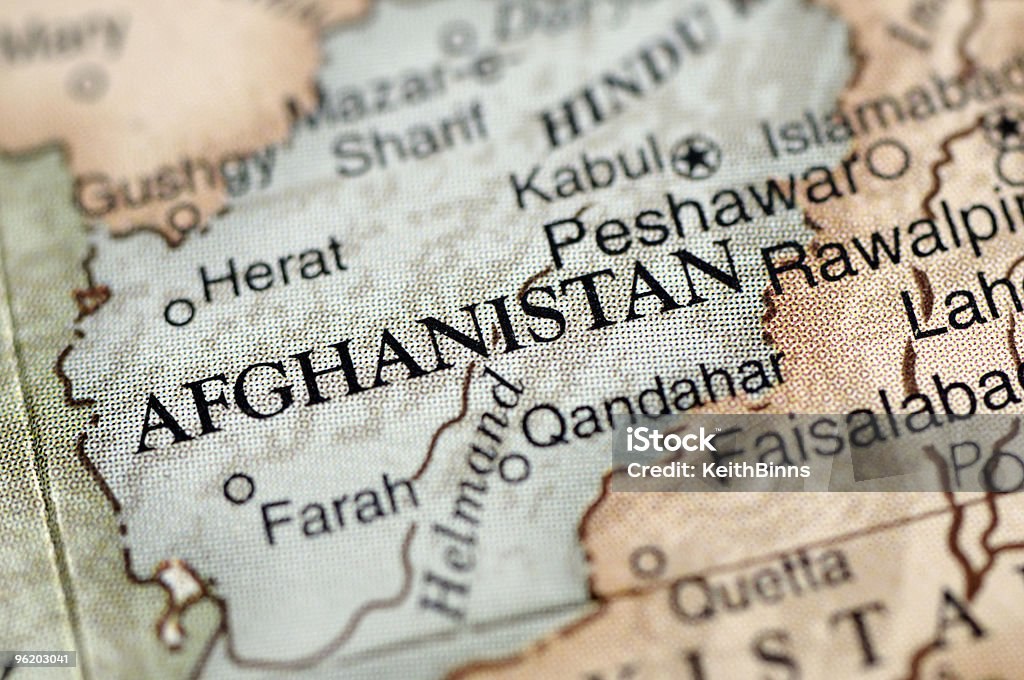BISHKEK (TCA) — The Republic of Korea is among Kyrgyzstan’s closest partners in the Asian region, Kyrgyz Prime Minister Mukhammedkaly Abylgaziev said at the Kyrgyz-Korean business forum on July 17 in Bishkek.
The forum was organized by the Chambers of Commerce and Industry of the two countries as part of the official visit of Prime Minister of the Republic of Korea Lee Nak-yeon to Kyrgyzstan.
The event was attended by the prime ministers, officials, and businesses of both countries including representatives of more than 50 Korean companies and the World Federation of Overseas Korean Traders Association (OKTA).
The forum discussed cooperation in trade, agriculture, healthcare, mining, tourism, energy, transport, textile industry, and information technologies, as well as strengthening cultural and humanitarian ties.
In Kyrgyzstan, 976 enterprises with Korean capital are registered, of which 352 are joint ventures. Trade between the two countries amounted to nearly $30 million in 2018.
“We have good opportunities to improve our trade and economic cooperation,” Prime Minister Abylgaziev said. The states intend to expand investment ties and bring the export and import to $100 million.
“Foreign investment is the locomotive that makes the economy move forward. Participation of the Korean Prime Minister in the business forum will increase mutual trust between the businesspeople of the two countries,” the Kyrgyz Prime Minister said.
Korean business is among the most advanced in the world in terms of high-tech industries, he added, and offered Korean investors to consider Kyrgyzstan as one of the priority areas for investment.
Benefits for investors
The Kyrgyz Prime Minister spoke about the benefits that Kyrgyzstan offers to investors.
Kyrgyzstan’s participation in the Eurasian Economic Union makes it possible to freely move goods produced in the country through the territory of the EEU member countries. Kyrgyzstan is also allowed to export more than 6,000 types of goods to the European Union countries without paying customs duties.
According to Abylgaziyev, “favorable conditions for doing business were created in the country, and a lot of work has been done to improve the investment attractiveness of the country and protect the rights of investors.”
Kyrgyzstan has the most liberal tax regime in the region. Profit and income tax is 10%, and VAT is 12%. In some areas, business entities are exempt from paying four types of taxes — sales tax and income tax, land tax and real estate tax for a period of five to ten years. Tax exemptions apply to agricultural producers and trade and logistics centers. The import of technological equipment is exempted from customs duties, and new enterprises are exempted from inspections for three years.
The country has a liberal currency regime that allows unimpeded movement of capital and money.
Kyrgyzstan has opportunities to produce and export environmentally friendly products that could find their consumers in the market of South Korea. But the two countries need to reduce tariff and non-tariff barriers in trade, Prime Minister Abylgaziyev said.
2019 was declared the Year of Regional Development and Digitalization in Kyrgyzstan, and the creation of an electronic identity card system and the promotion of projects in agriculture and healthcare are among priorities for the Government. In this regard, Kyrgyzstan is interested in exploring the successful experience of South Korea in the regional development, the digital and green economy.
Korean experience
Kyrgyzstan has a good opportunity to enter world markets and the Korean side is ready to work actively to increase bilateral trade, Prime Minister Lee Nak-yeon said at the forum.
Every year, more and more Korean citizens come to spend their vacations in Kyrgyzstan, and they visit the Ala-Archa national nature park and Lake Issyk-Kul, Lee Nak-yeon said.
The heads of government of the two countries visited an exhibition of products of Kyrgyz producers, mainly agricultural products — fresh raspberries, cherries, apricots, dried fruits, jam, honey, and mineral water.
The Korean delegation shared their experience in digitalization and e-government implementation. South Korea has made the use of IT in government a key component of its administrative strategy since the 1960s. It focused on e-government through specific legislation in 2001. Since then the country has developed the most advanced e-government services and levels of e-participation in the world, according to the UN.
Promising areas of cooperation
At the forum, representatives of the Korea Institute for International Economic Policy (KIEP) noted Kyrgyzstan’s efforts in digitalization, in particular the Safe City project. The system promotes transparency and the prevention of corruption. However, there are vulnerabilities in Kyrgyzstan, such as poorly developed infrastructure, landlocked geographical location, and political instability. The stability is extremely important for the economic development and attracting foreign investors, the guests stressed.
Among the promising areas of cooperation, Korean businesspeople highlighted the development of a payment system, creation of a virtual bank, mobile CCTV solutions, and smart cities. The Korean delegation presented their solutions in digitalization and electronic technologies.
The first cooperation documents were signed at the business forum including a memorandum of cooperation between the Investment Promotion and Protection Agency of Kyrgyzstan and the Kit Stroy company. The document provides for the implementation of a project to build a golf club and spa center in Kyrgyzstan.
The Investment Agency also signed an MoU with Green House Land LLC on the construction of a plant to produce fiber-optic cables in Kyrgyzstan.
Branch of South Korean plant in Bishkek
On July 16, a branch of the BK Medicare Korea medical equipment manufacturing company was opened in Bishkek.
“The opening of the medical products manufacturing plant is a good start for further cooperation development between our country and the Republic of Korea,” Kyrgyz Deputy Prime Minister Jenish Razakov said, adding that the domestic pharmaceutical market greatly depends on imports.
“Therefore, we are extremely interested in developing the production of medicines and medical devices in the country. The state medication policy is aimed at providing the population with high-quality and affordable medical products,” he said.
The BK Medicare has created 50 jobs, and it plans to increase up to 500 jobs. Using modern equipment, the company plans to produce more than 180 million medical plasters for various purposes annually.
Education
In recent years, Kyrgyzstanis have shown increasing interest in the Korean culture. Many learn Korean to study or work in South Korea, Prime Minister Lee Nak-yeon said at the forum.
In the spring of 2019, 25 Kyrgyz citizens were selected for training on a grant basis at Inha University. The two countries discussed the possibility of creating a Kyrgyz-Korean University in Kyrgyzstan, Kyrgyz Ambassador to the Republic of Korea Dinara Kemelova said.
According to the Korean side, the selection of Kyrgyz citizens to study at Inha University will be regular, she added.
Labor migrants
Over the past ten years, more than three thousand labor migrants from Kyrgyzstan have left for South Korea for work. According to the memorandum of understanding between the two countries, Kyrgyzstanis have the right to the minimum wage established officially, and medical insurance in case of an accident at work and outside it, the Kyrgyz Migration Service reported.
Tests for the knowledge of the Korean language are held once a year. If applicants successfully pass the tests, they are added to a special register where employers choose employees.
According to the state employment program, 250-300 Kyrgyz people are hired for employment in the Republic of Korea annually. The employment program provides for a five-year period of work, and two or three flows of migrants have already returned to Kyrgyzstan.
About six thousand Kyrgyzstanis are now working in Korea, Ambassador of the Republic of Korea to Kyrgyzstan Ha Tae Yok told Sputnik.kg earlier this year. The flow of labor migrants is growing, mainly from the southern regions of Kyrgyzstan. They are attracted by salaries ($1.5-2 thousand per month), as well as good working conditions, high rates for hourly work and bonuses.









